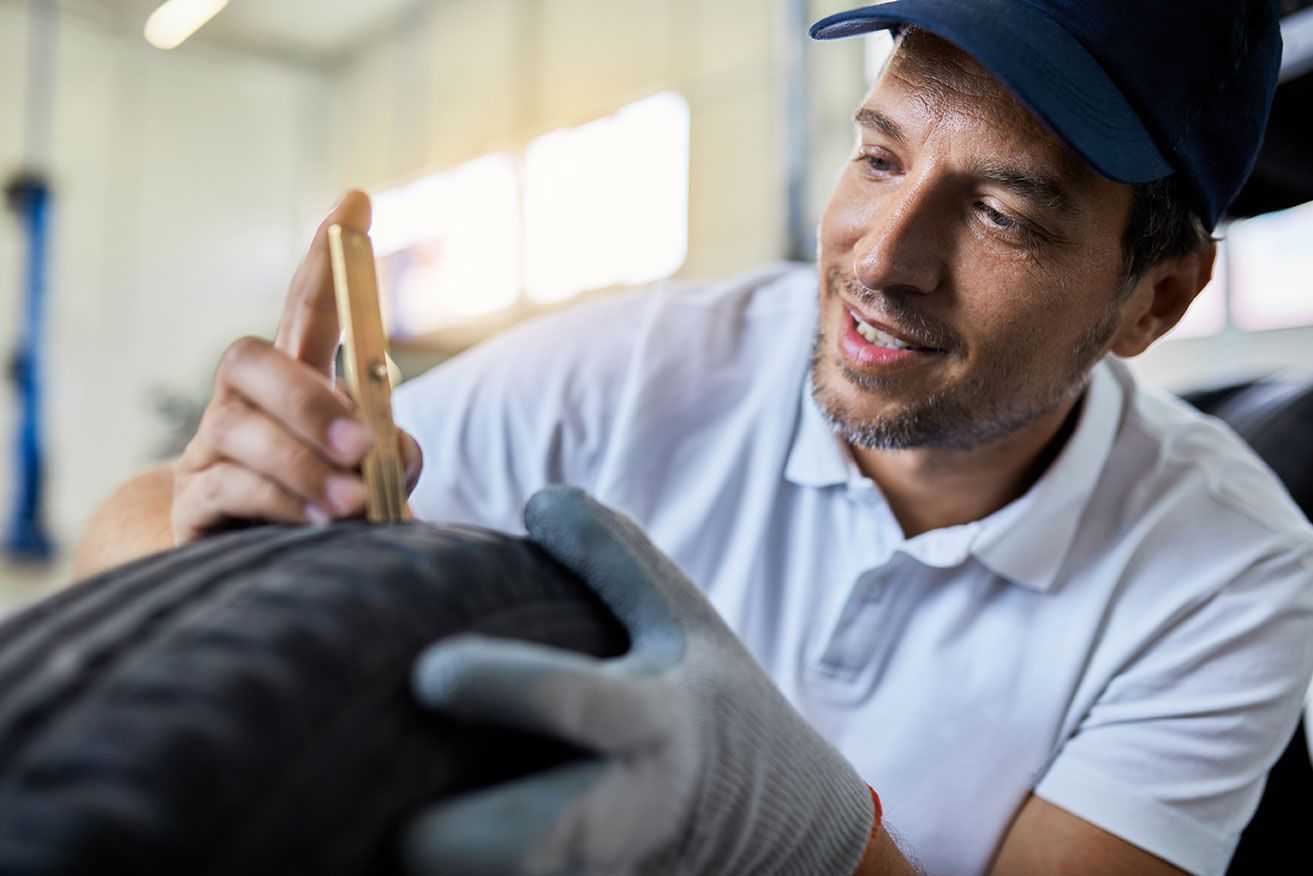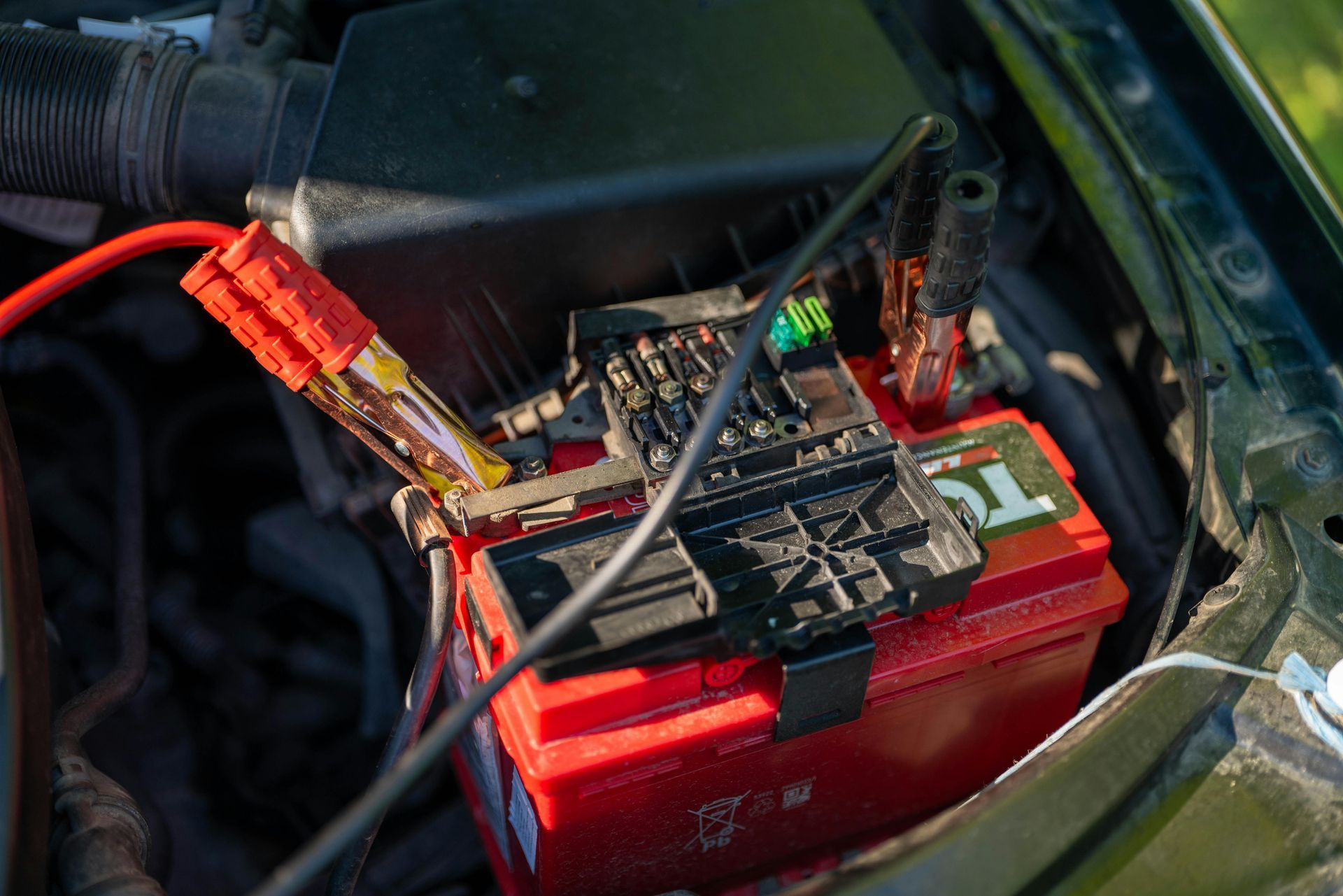Debunking Common Car Myths
Auto Shops Located in: Chapel Hill, Durham, Taleigh, Apex, and Cary North Carolina

Over the years, many car care myths have worked their way into the mainstream and become facts to many drivers. While some of these ideas may have been true at one point, advances in car technology have made many car care best practices irrelevant. Since it can be hard to know what’s necessary to properly care for your vehicle, we’re here to set the record straight on six common car myths you may have heard your whole life.
Myth 1: You Should Warm Up Your Car Before Driving
We’ve all seen it in real life or in the movies. When it’s cold outside, someone will go and warm up the car before setting out for a drive in icy conditions. In the past, older engines needed more time to properly lubricate themselves with oil, but newer vehicles’ engines are usually fully lubricated in less than 30 seconds.
Due to the advances in vehicle technology, warming up your car for an extended period of time isn’t needed. It can also waste fuel, cause unnecessary wear and tear on your engine, and release excess emissions into the air. Instead of warming your car up before you drive when it’s cold outside, you can drive slowly for a few minutes to prep your engine.
That said, there are numerous other steps you should be taking to ensure your car stays protected this winter.
Myth 2: Premium Gasoline Is Always Better
Some drivers believe that using premium fuel in all cars will improve efficiency, but most cars actually aren’t designed to take advantage of the differences that come with using premium gas. If you drive a luxury vehicle, premium fuel may be your best bet, but for standard cars, regular gasoline will almost always be a better choice. Using premium gas can be expensive, so it’s best not to waste your money if your car is not designed to run on higher-octane fuel.
Myth 3: You Need an Oil Change Every 3,000 Miles
The standard oil change once you hit 3,000 miles used to be standard practice on every vehicle. However, advancements in both engine and oil technology have made it possible for vehicles can go longer between oil changes.
Most newer cars can go between 5,000 and 10,000 miles between oil changes and be completely fine, depending on the type of oil you use and driving conditions. While it’s still important to check your oil regularly to make sure it’s topped off, changing it every 3,000 miles isn’t usually necessary.
Myth 4: Inflate Tires to the Number on the Sidewall
The number printed on the sidewall of your car’s tires is actually the maximum pressure you can fill them with, not the recommended amount. The correct tire pressure can be found in your vehicle’s owner’s manual or on a sticker that is sometimes located on the inside of the door jamb on the driver’s side.
Overinflating your tires can lead to a harsher ride and uneven wear, and underinflated tires can affect your fuel efficiency and handling. If you can’t find the happy medium that you should be hitting for tire inflation, it’s best to ask a mechanic just to be safe.
Myth 5: You Need to Replace Both Headlights When One Burns Out
The need to simultaneously replace both headlights is a common belief that has wasted a lot of people’s money over the years. While it’s important to check both headlights when one goes out for dimming or discoloration, there’s no technical reason to replace both at the same time. Your car’s illumination will not be unbalanced if one headlight is older than the other, so you can often wait to replace the older headlight when it actually dies.
Myth 6: Using Dish Soap to Clean Your Car is Fine
While dish soap may be useful for many types of cleaning outside of your plates and silverware, it is not suitable for cleaning cars. When you were younger, you may remember a soapy bucket full of dish soap that your parents handed you when it was time to wipe the family vehicle down, but dish soap actually does more harm than good when it comes to cars.
Dish soap is formulated to strip away oils, which can damage the protective wax layer on your car and lead to premature rusting and paint fading. A pH-balanced car shampoo is your best bet when it comes to getting your ride clean without causing unwanted damage.
Chapel Hill Tire: Car Care in the Triangle Area
If you need car care in Durham, Chapel Hill, Raleigh, or the surrounding Triangle area, head over to Chapel Hill Tire. Our qualified mechanics will be happy to answer any questions you may have about your vehicle and give you tips on caring for car correctly. Whether you need an inspection or a repair, our team is trained to perform our services quickly and effectively. We also have a great set of coupons to take advantage of for any other maintenance requirements you might have.
Learn more about our inspection and repair services today. When you’re ready to bring your car in, please make an appointment at one of our convenient locations in the Triangle Area.















